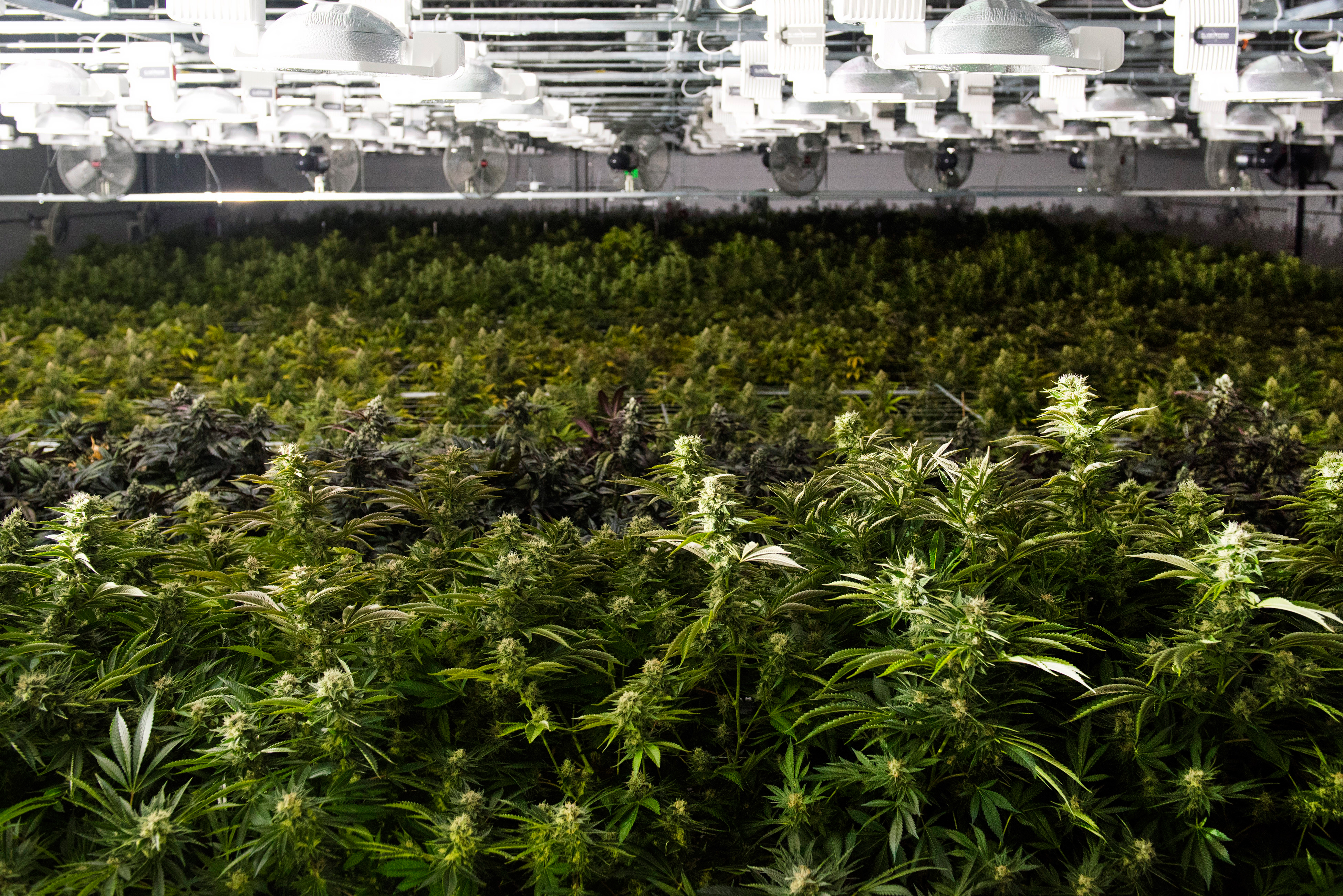
Here’s the latest proclamation to fan the flames over the country’s burgeoning marijuana legalization movement; a group of doctors published an op-ed in the Sunday New York Times advocating for the legal age of cannabis consumption to be raised to 25.
Physicians Kenneth L. Davis and Mary Jeanne Kreek penned the missive, which seeks to alert people to the risks of cannabis consumption early on in life and encourages the development of educational campaigns to raise awareness about the drug’s health risks.
“Regular exposure to THC in adolescents can permanently change neuropathways that are related to cognition, including learning, attention and emotional responses,” they write.
In many US states that have regulated recreational marijuana, the age limit is the same cut-off as alcohol, 21 years old.
The doctors cite a passel of studies that suggest that cannabis has negative effects on kids, from attention span to their ability to process information and memory. One investigation actually showed that IQ scores dropped among individuals who used cannabis on a regular basis as kids.
Not all studies have found that cannabis has deleterious effects on children’s functioning. In Jamaica, a seminal study by Melanie Dreher on Jamaican children whose mothers consumed cannabis while they were in the womb found that some reflexes were better among kids whose moms had smoked during pregnancy. The cannabis research that is currently developing is certainly necessary, especially as we are seeing the beginnings of a neonatal marijuana product industry.
Davis and Kreek also warned in their article that THC is just not like it used to be. They cite a statistic that in the early ‘90s, the average THC in confiscated marijuana was around 3.7 percent. Today, the average THC content being sold in Colorado dispensaries clocks in at 18.7 percent.
Earlier this month, US Surgeon General Jerome Adams also made comments on rising THC content, calling the cannabinoid “the product which causes you to get high, which can cause addiction, which can cause problems.” He compared the risks of high THC cannabis products to those incurred by drinking grain alcohol.
It is certainly true that with the rapid development of new products and ways of consuming marijuana, officials need to be vigilant and scientific investigation needs to continue apace with new manners of ingesting the drug. But what the op-ed does not demonstrate is that the authors have a good grasp of the marijuana legalization movement as it pertains to issues beyond health. Protecting kids’ health is of the utmost importance, but the reason many have fought for legalization measures is not for health reasons, but for matters of social justice.
If we continue to criminalize marijuana for young people, young people will continue to have their lives complicated by small time possession charges. One wonders how a stint in juvenile detention or inability to find work because of a criminal record affects the functioning of one’s neuropathways.











